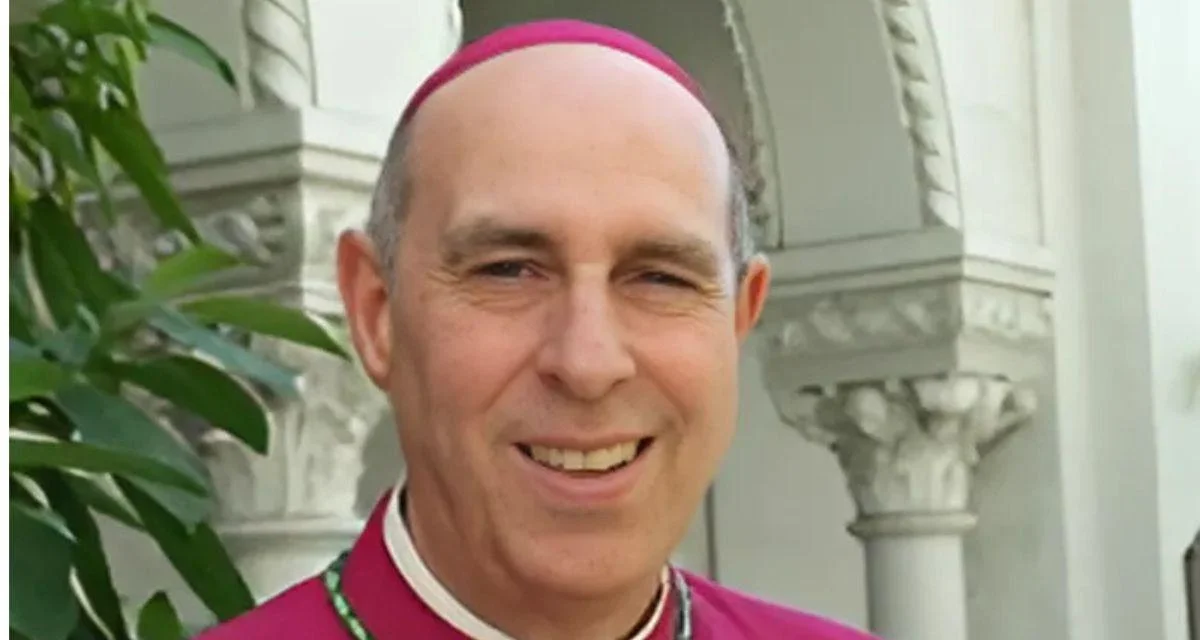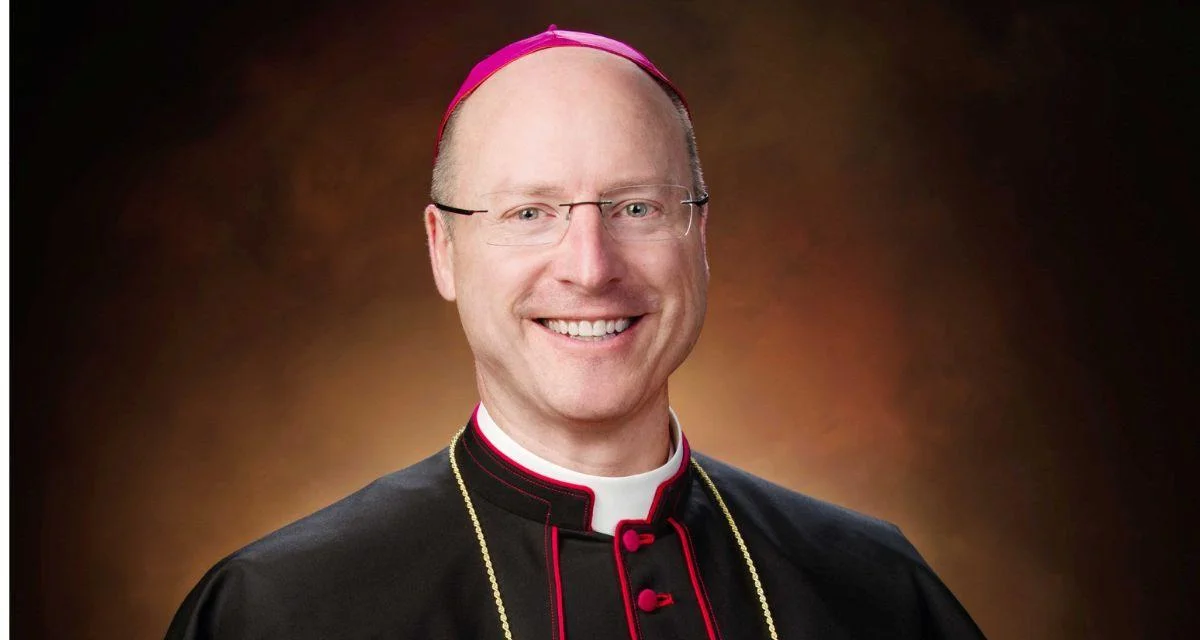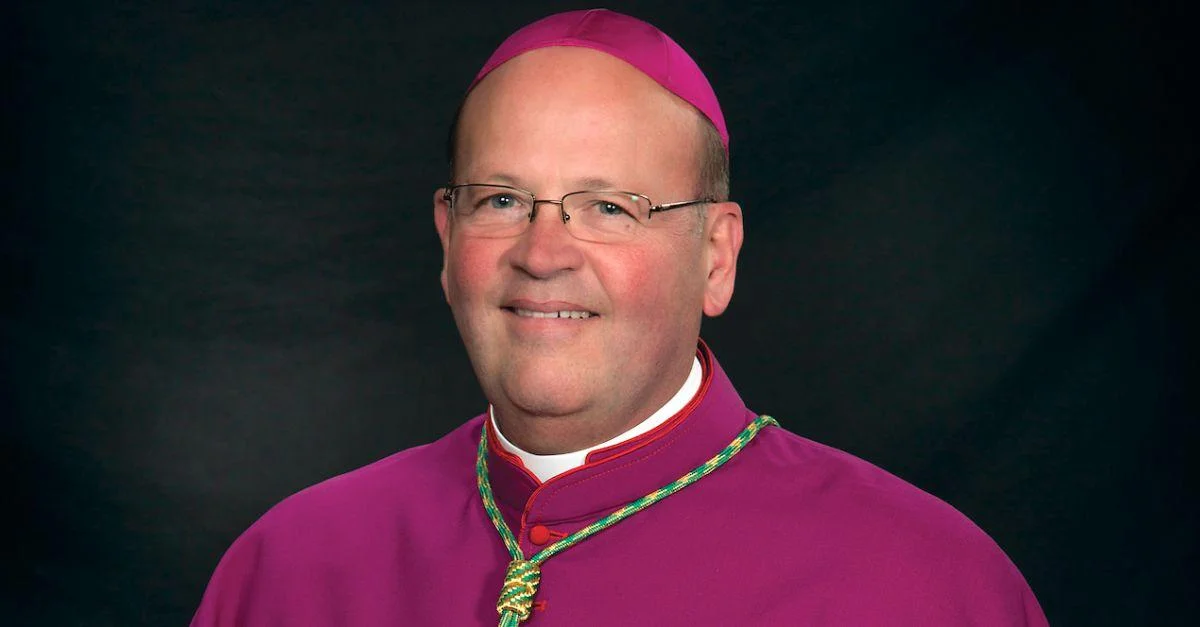
Bishop Thomas John Paprocki | Diocese of Springfield
In the Catholic faith, the sacrament of confession, or penance, plays a crucial role in the forgiveness of sins. Many people wonder why they have to go to a priest for God to forgive their sins, instead of directly confessing to God. Father Joe Ring, a pastor at Our Saviour Parish in Jacksonville, offers an explanation for this practice.
One of Jesus’ main ministries was the forgiveness of sins, which he often associated with physical healing. In Luke 5:17-26, Jesus forgives the paralytic's sins and then heals his paralysis. Every time Jesus forgave, he personally encountered the person suffering from their sins and wanted to do the same for all of us. Through his death and resurrection, Christ redeemed us and entrusted the ministry of healing and forgiveness to the Apostles and the Church.
The basis for the sacrament of penance can be found in John 20:19-23. On Easter night, Jesus breathed the Holy Spirit on the Disciples and said, “Whose sins you forgive are forgiven them, and whose sins you retain are retained.” These words form the foundation for the absolution said by the priest in the sacrament of confession. The priest, acting in persona Christi, or in the person of Christ, absolves the penitent of their sins. When penitents confess to the priest, they are confessing to God, Christ Jesus, through the person of the priest. This is a direct encounter with God, as the questioner desired.
Father Joe Ring explains the importance of this manner of confessing by drawing on the fundamental truth of the Christian faith. God became one with us in the flesh through his incarnation. He did not simply will our redemption; he sent his Son in the flesh to personally encounter us and save us through his death and resurrection. Just as in a marriage, where two individuals become one through their spoken intentions, confession requires outwardly expressing our sorrow and naming our sins. Father Joe Ring suggests that the act of confessing to the priest is a personal, direct encounter with Jesus, the healer of our souls.
The priest, acting in persona Christi, offers words of absolution that bring healing and mercy to the penitent. By going to confession, individuals have the opportunity to name their sins, express sorrow to Jesus through the person of the priest, and hear words of mercy that bring peace and forgiveness.
In conclusion, the sacrament of confession is an integral part of the Catholic faith, providing a direct and personal encounter with God's forgiveness. Father Joe Ring encourages individuals to go to confession, to outwardly express their sorrow and name their sins, and to receive the healing words of mercy from Jesus through the priest. Confession is a sacramental act of encountering God, just as Jesus personally encountered those suffering from their sins during his ministry.





 Alerts Sign-up
Alerts Sign-up